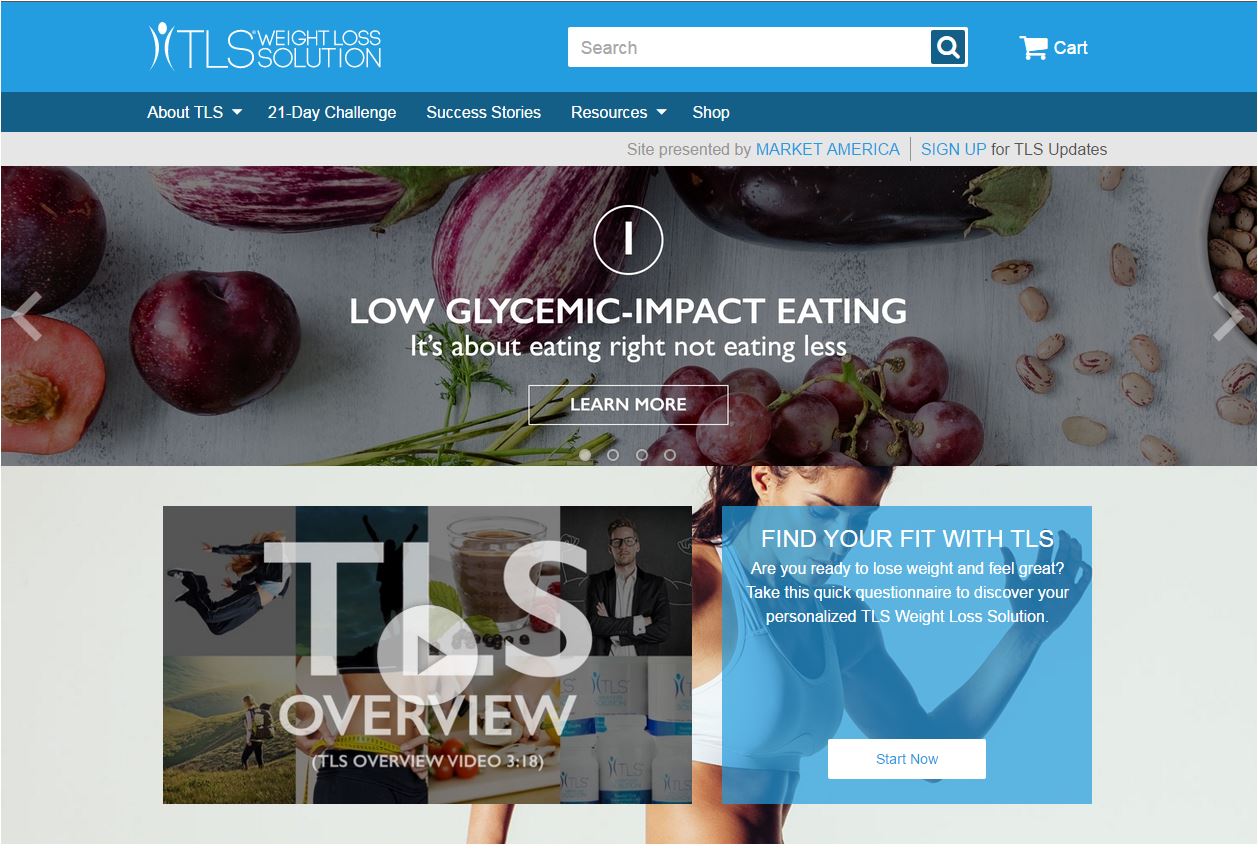By: Theresa Greenwell
Phenolic acids (or polyphenols) are phytochemicals commonly found in plants and fruits such as grapes, broccoli, coffee, olive oil, nuts or teas. The dietary levels of polyphenols can vary significantly depending on the type of diet one follows, and studies show that Mediterranean-style diets often offer the best levels of polyphenol intake. It seems to promote many health benefits.
Several studies have shown polyphenols to have antioxidant, anti-inflammatory and anti-hypertensive properties. Others research shows that polyphenols improve blood flow by promoting nitric oxide (NO) levels in the body. Unfortunately, these findings are not consistent. Some studies have shown vast improvements in health parameters while others have shown little to no change.
Study results can vary based for a variety of reasons. Inconsistency in the documentation, various study protocols or, more often than not, variation in the amounts and types of study materials. In the case of polyphenols, it appears that all of these factors have played some part. In general, research is still very limited in regards to polyphenols. More evidence is necessary to identify specific benefits, the best foods sources and the ideal amount necessary for the desired health outcome.
A recent study in Nutrients (September 2017) looked at the association between dietary polyphenols derived from Mediterranean eating habits and hypertension risk levels. The goal was to find a level (mg amount) at which polyphenol intake actually would play a role in decreasing the risk of hypertension. This study also looked to identify if specific types of food sources and polyphenols might provide greater benefits.
The Study:
Known as the MEAL (Mediterranean healthy Easting, Ageing, and Lifestyle) study, this was an observational study that included 2044 adults aged 18 years or older. Every participant’s height, weight, BMI, blood pressure and physical activity level was recorded. In order to obtain dietary profiles, each participant was asked to complete two food frequency questionnaires (long and short versions). From these questionnaires, foods that contained polyphenols were identified and their polyphenolic contents were quantified. If a participant’s food frequency appeared to be questionable or have an unreliable food intake, that questionnaire was removed from the review; total reliable food frequencies numbered 1937 out of 2044 completed.
The Results:
Results showed that individuals with the highest phenolic content did not always strictly adhere to a Mediterranean style of eating, nor was a correlation observed between those that did follow a strict diet with a greater phenolic acid intake. While those individuals with a polyphenol intake of >400 mg showed a reduced risk for hypertension, those individuals with the greatest polyphenol intake (~522 mg/day) showed the most impressive reduction of around 32%. Researchers also looked at four common types of phenolic acids and found out that only two were directly effective on hypertension, hydroxycinnamic acid, and hydroxyphenylacetic acid. Additionally, foods such as coffee, tea, nuts, olives, beer, and wine were evaluated, but surprisingly only beer showed any effect on reducing hypertension.
What It Means:
Phenolic acid research has previously shown that these acids are beneficial for the health of blood vessels and blood flow. This study appears to support that dietary polyphenols may also be important for reducing the risk for hypertension. More research, especially clinical research, is necessary to corroborate the findings of this study and to identify by which specific mechanisms or at which amounts polyphenols work.
Resources:
Godos, J. et al. Association between dietary phenolic acids and hypertension in a Mediterranean cohort. Nutrients. 9(10): 1069-1082, 2017.






Comments (0)